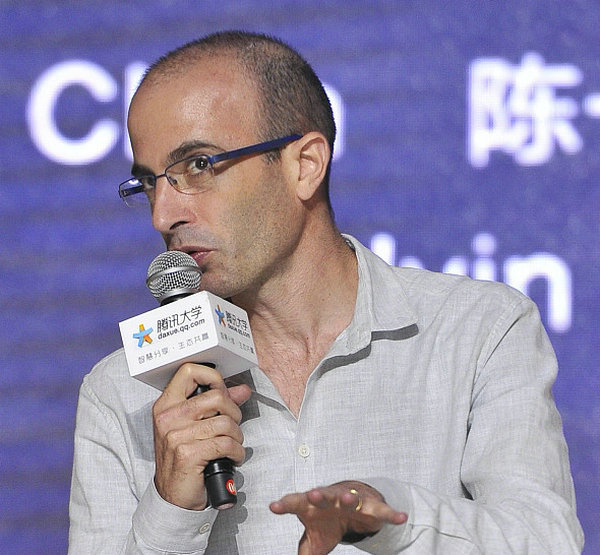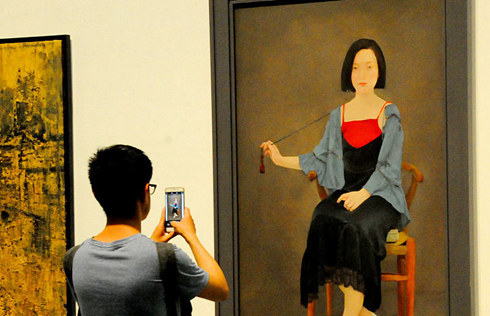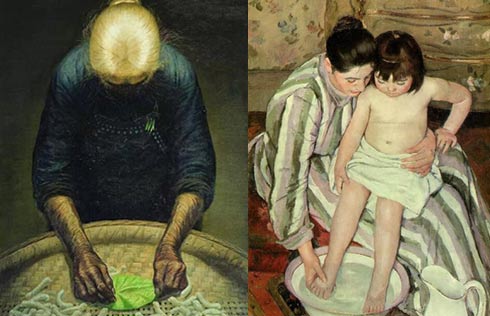In a tech world
 |
|
Yuval Noah Harari, author. [Photo/VCG] |
He pictures a scenario: Smartphones will not be separate from the human body. They may be embedded in the body via biometric sensors and will monitor heart rates, blood pressure and brain activity 24 hours a day. They will also have the computing power necessary to analyze the endless biometric data and will therefore know human desires, likes and dislikes better than people do.
"People often imagine that some human skills-such as emotional intelligence or artistic creation-will forever remain beyond the reach of AI. But we cannot be certain of that.
"AI is becoming better than many humans in detecting human emotions and in creating art. The computers will not have any emotions of their own, but they will be able to analyze and manipulate human emotions better than anyone."
He says humans will thus have "the power to change the world inside them" for the first time.
"Perhaps by 2100, humans and machines might merge so completely that humans might not be able to survive at all if they are disconnected from the network. The dangers are obviously as great as the opportunities."
- Auto Blue Book: Report on China’s Auto Industry Development in 2016
- New book highlights success stories of Belt and Road lands
- Zhouzhuang hosts China's top children's book awards
- Lithuanian theater to stage play on Gorky's book in China
- China publishes book about the Belt and Road Initiative in 14 languages

















